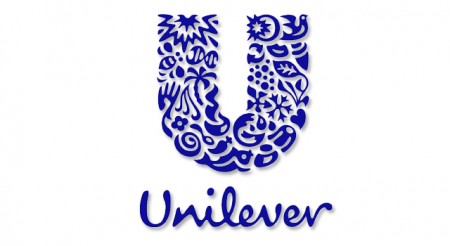July 9, 2016 – Paul Polman is the CEO of Unilever Plc. If you are not familiar with the company you are with its brands which include Becel, Sunlight, Hellmann’s, Knorr, Lipton, Dove and some 400 others. Unilever has been around since 1880. On its website the company describes its corporate responsibility credentials and strategy defined as The Compass, a sustainable living plan focused on improving health and well-being, reducing environmental impact and enhancing the livelihoods of millions of people around the world. Part of the mandate includes:
- eliminating deforestation from the company’s supply chain.
- helping smallholder farms to increase food yields making sustainable agriculture the company’s primary source of raw materials.
- helping its suppliers to secure safe drinking water, sanitation and hygiene.
It should be no surprise, therefore, that Polman in the last week called on all companies to do climate change reporting as a mandatory part of their business and that companies need to hold each other to account to ensure the goals of the Paris COP21 climate agreement are met.
Disclosing climate change risk has not come easily to many corporations. In the United States Boeing, General Electric, Procter & Gamble and many others disclose no or limited information on climate change in their regulatory filings. This is despite regulations that specify companies must provide details on significant risks to their operations. ExxonMobil is probably one of the most noteworthy of the companies choosing to mislead its shareholders about climate change risk. In recent disclosures the company has been cited by government prosecutors and attorneys general for hiding evidence of global warming’s anthropogenic cause allegedly known to the company since its own scientists reported it internally as early as the 1970s. Of the oil giants ExxonMobil doesn’t stand alone in ignoring its risk reporting responsibilities. Chevron, ConocoPhillips and others have been equally remiss in telling the truth in public filings.
Unilever under Polman’s leadership (he came to the company from Procter & Gamble in 2009) has set out in its strategy to use 100% renewable energy in its operations by 2030. Waste reduction to eliminate product contribution to landfill has become a company mission. Polman hasn’t completely transformed Unilever. The company’s legacy of Bhopal India in 1984, when 3,800 died and many thousands more succumbed later to the isocyantate gas leak at a pesticide plant, continues to linger.
Polman talks about corporate social license and that “companies must look to increase their positive social impact as integral part of their core business strategies.” He argues that, “the very essence of capitalism is under threat as business is now seen as a personal wealth accumulator. We have to bring this world back to sanity and put the greater good ahead of self-interest.” In his call for mandatory climate change risk reporting Polman is taking a business leadership role. It should be hard to ignore the CEO of a company with a market capitalization of $142 billion one would hope. The company is ranked 41st on Fortune’s annual list of most admired corporations.
















